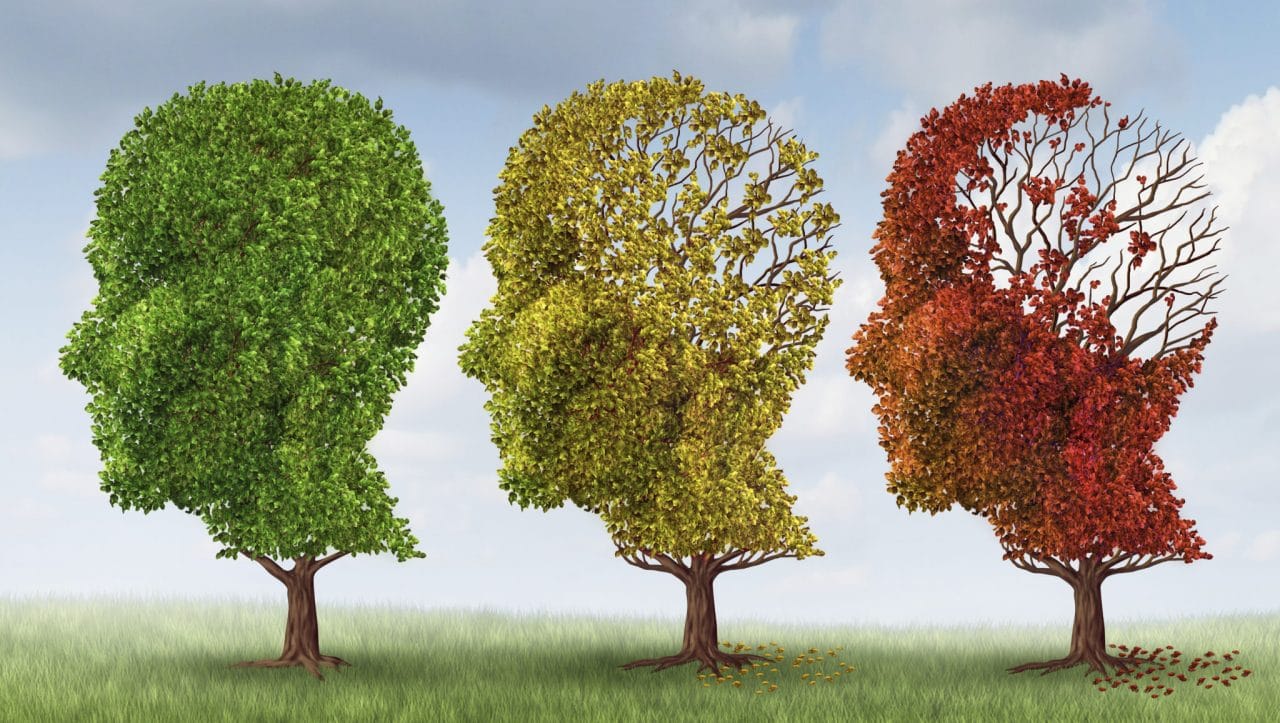As we age, the chemicals in our brain change and sometimes those changes affect memory. This kind of memory loss is a completely normal result of aging, but memory loss can also be a sign of disease or another health problem, including:
- Depression
- Delirium
- Vitamin Deficiency (commonly vitamin B12)
- Underactive Thyroid
- Head Injury
- Dementia (like vascular dementia and Alzheimer’s Disease)
For some of these conditions, like depression or vitamin deficiency, treatment can partially or completely restore mental function. For others, like dementia, treatment can slow the progression of the disease.
Dementia is a broad disease category used to describe loss of brain function that involves changes in memory, language, perception, or personality. Common forms of dementia are Alzheimer’s Disease and vascular dementia (small strokes that cause loss of brain function).
Common symptoms of dementia include:
- Problems using language
- Changes in personality
- Disorientation
- Problems conducting daily activities
- Disruptive or inappropriate behavior
If the patient is experiencing any of these symptoms and has made an appointment with one of our Adult Neurologists, it can often be helpful to bring a close family member or friend to the appointment. They may be able to help our physicians get a more comprehensive picture of the patient’s overall health.

